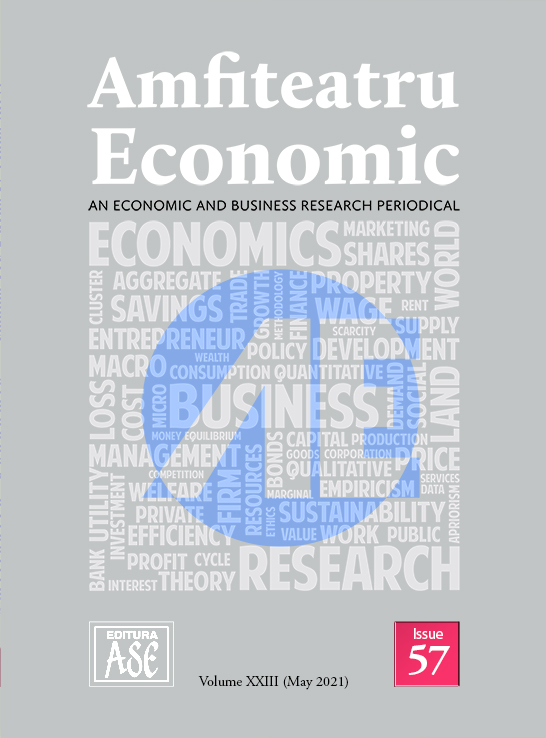Synergy of Neoliberalism, Alternative Institutions and Transitional Crisis
Synergy of Neoliberalism, Alternative Institutions and Transitional Crisis
Author(s): Veselin Drašković, Sergey Kravchenko, Milica DelibašićSubject(s): Business Economy / Management
Published by: EDITURA ASE
Keywords: Neoliberalism; quasi-neoliberal violence; alternative institutions; transition countries; transitional crisis;
Summary/Abstract: The subject of this paper is a critique of the quasi-neoliberal violence of alternative institutions, which are the most problematic and most threatening brake phenomenon of transition. They have been produced, strengthened and reproduced by the authorities of most post-socialist countries in the last three decades. The aim of this paper is to demystify neoliberalism, its ideological, philosophical, and monistic absolutizations, as well as quasi-neoliberal manifestations, which in many post-socialist countries were carried out directly under the auspices of alternative institutions. Also, the goal is to shed light on the causes of the long-term crisis, chaos, institutional violence, and lawlessness, and to enable the recognition of too visible (albeit blurred), rhetorical and “messianic” recipes, which are, in fact, developmental shackles. The paper is based on two hypotheses: first, that alternative institutions have abused and enslaved formal and informal institutions in most transition countries, which has led to numerous economic and social problems, including threats to the rule of law, freedoms, and civilizational development, and second, that a transitional hindering mechanism was created, which generated a neo-exploitative, apologetic, neo-totalitarian and crisis environment. The paper uses common methods of social and economic sciences, including the methods of generalization, description, abstraction, comparison, induction and deduction. In conclusion, it is stated that the phenomenological identification and critical demystification of the interest connections and conditioning of neoliberalism, alternative institutions, and the crisis have been carried out, and that their exponents (alleged reformers and new elites) had an extremely negative impact on social, economic, scientific, educational, cultural and institutional development, because they degraded and destroyed them.
Journal: Amfiteatru Economic
- Issue Year: 23/2021
- Issue No: 57
- Page Range: 534-547
- Page Count: 14
- Language: English

